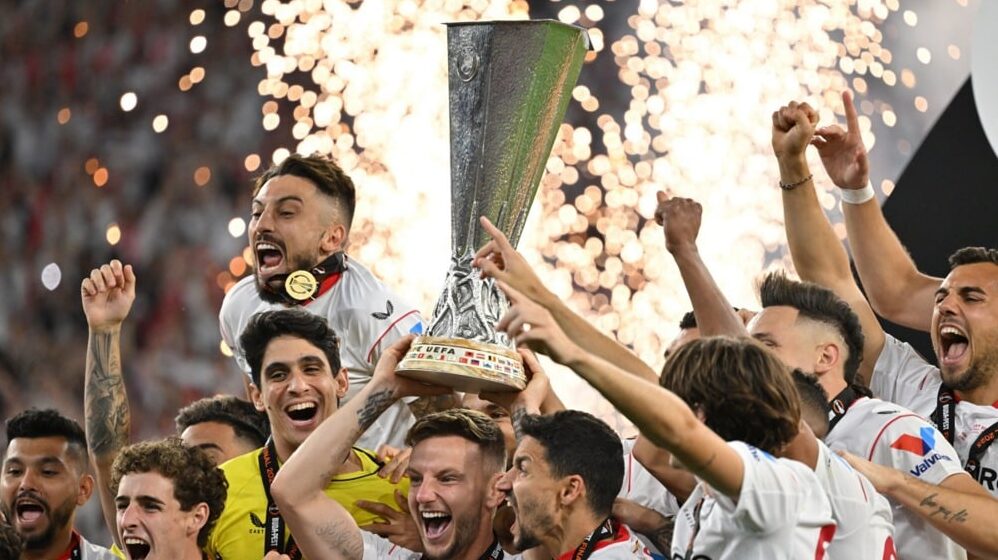This landscape is at odds with the one that UEFA attempts to paint for itself. UEFA’s promotion of inclusion has been front and centre for a long time, mainly through their Equal Game campaign launched in 2019 under UEFA’s Respect initiative.
“#EqualGame is UEFA’s campaign to promote its vision that everyone should be able to enjoy football, regardless of who they are, where they are from or how they play the game,” reads the statement on the UEFA website.
Though the statement is trite and vague, at the end of each season UEFA releases a “Respect Report”, which details progress across seven priorities: anti-racism, child and youth protection, equality and inclusion, football for all abilities, health and well-being, refugee support, and solidarity and rights.
Much of these values lie in sharp contrast to the values of the Hungarian government, and when values contradict so sharply, one would expect more friction. Hungary’s very visible, incessant attacks on LGBTQ+ freedoms and continuous discrimination of refugees seems directly opposed to what UEFA stands for. But the narrative of the relationship isn’t so simple.
“UEFA’s very visible championing of what people would call DEI values in the US has become purely performative,” Philippe Auclair, investigative reporter for Josimar and the Guardian, tells BIRN.
“I’m sure there are loads of people at UEFA who genuinely believe that it’s worth doing. I genuinely believe some of these policies were put in place with the aim of promoting inclusion, human rights and equality,” he explains. “But I think the reality has caught up very fast with those idealists and that today it is more or less… a question of ticking the right boxes and using the right words to make people think UEFA is working towards inclusion, protection of human rights, promotion of equality.”
“You just have to look at the situation regarding anti-racism,” he continues. “On one hand, you have all these campaigns and strong words about eradicating this and that. But when they could actually take measures that would genuinely punish people who breach UEFA’s own regulations, they don’t do it – or it’s a slap on the wrist.”
“The real world has collided with the good intentions, and this has become performative,” he says, adding it’s the same with FIFA, the global football governing body.
When values are reduced to words, then actions can be shaped by convenience, and there is no need to square principles with choices. The banners can say “Respect”, but the logistics will say “Budapest”, and the gap between them can be quietly ignored so long as the practicalities are covered.
“Generally speaking, [Hungary] is a good location for Europe because it’s in the centre of the continent,” says Aron Aranyossy, a journalist with 24.hu.
“We have good enough infrastructure to host [the final], Budapest is a big city to soak up the people. I also think Hungary is cheaper for UEFA – like moviemakers who come to Hungary because it’s much cheaper than other countries,” he says. “I think UEFA also recognises the efforts of the MLSZ, which helps, but on its own it would not be enough. Hungary is also hosting a lot of other events and usually the feedback is good. The government enjoys the opportunity to make the country feel relevant this way.”
That pragmatism, that low cost increasingly matters. Since 2020, Budapest has become the emergency venue of choice. When pandemic travel restrictions scrambled European football’s calendar, Hungary’s lax Covid rules made Hungary the go-to place for UEFA, providing neutral-venue Champions League ties and later the 2020 Super Cup, which became an early test case for bringing fans back.
